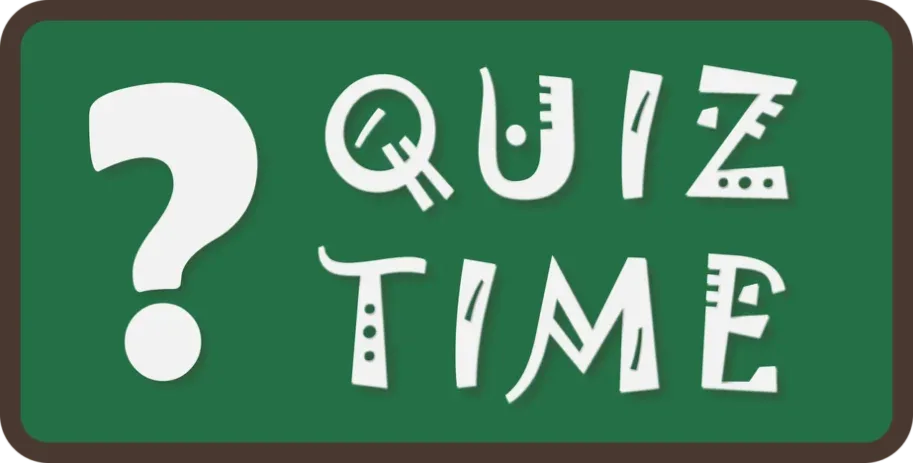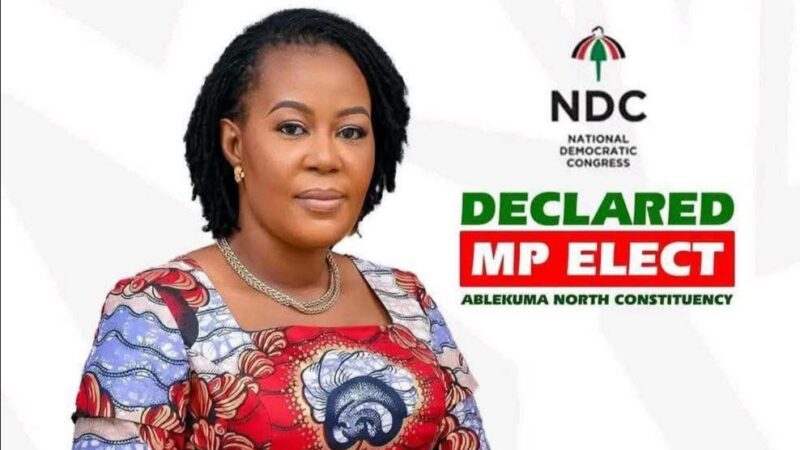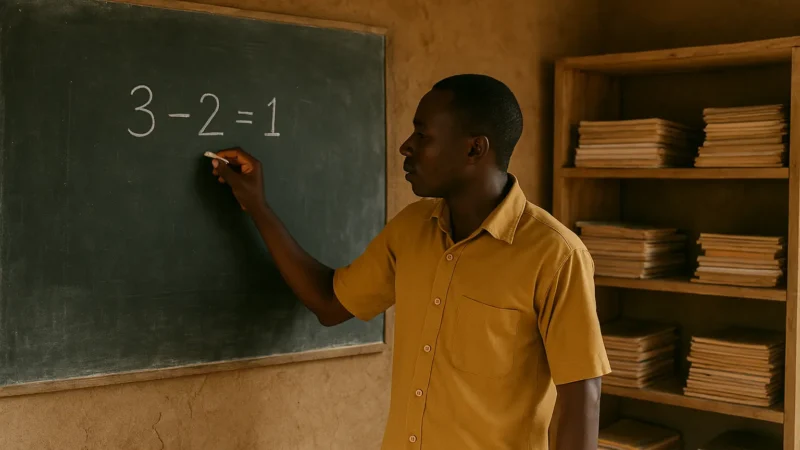This quiz will cover the meaning, types, importance and history of education in Ghana. This quiz is meant to broaden your knowledge on education and most especially for those who are preparing for teachers promotion exams.
Before the Quiz;
Let’s do quick recap
Education we all know has been defined as a systematic process through which a child or an adult acquires knowledge, experience, skill and sound attitude.
The types of education are;
Formal education: Formal education takes place within structured institutions such as schools and universities. It equips students with academic knowledge and skills necessary for their future careers. Therefore, when you see people going to school – whether it’s KG, Primary, JHS, SHS, Colleges, or University – they are seeking to obtain formal education.
Semi-Formal education or Non-Formal education: : Ghana recognizes the importance of lifelong learning. Individuals who missed out on formal education have the opportunity to acquire skills and knowledge through non-formal education. These programs are organized to empower them, enabling them to improve their lives and become responsible individuals in their future careers.
Informal education: Informal education occurs daily, through storytelling, traditions, and the shared experiences of families and communities. Think of how our grandparents taught our mothers how to prepare ampesi, how to sweep with brooms made from palm fronds and things of that sort.
The importance of education
- Economic growth
- Improved job satisfaction
- Professional mobility
- Social cohesion
- Poverty reduction
- Informed criticism, debate and dialogue
- Improved quality life
Tap on this for the quiz or finish the reading on the recap
On history of Education, we learnt that the European trading merchants brought Western Formal Education into Ghana which is commonly referred to as the Castle Schools
The first attempt to establish formal education/school was made in 1529 at Elmina by the Portuguese.
Major factors that led to the introduction of Western Formal Education are;
- To educate Africans and their issues (mulattoes)
- For civilization and Christianity
- To train personnel in their trading activities
The Missionaries also contributed immensely in education as they spread the Gospel across the length and breadth of the country.
The missionaries includes;
- The Basel Missionary
- The Wesleyan Missionary
- The Bremen Missionary
- The Roman Catholic AME Zion Missionary
Contributions Of The Missionaries In Education
- Contributed in secondary education
- Contributed in teacher education
- Contributed in scientific research initiatives




